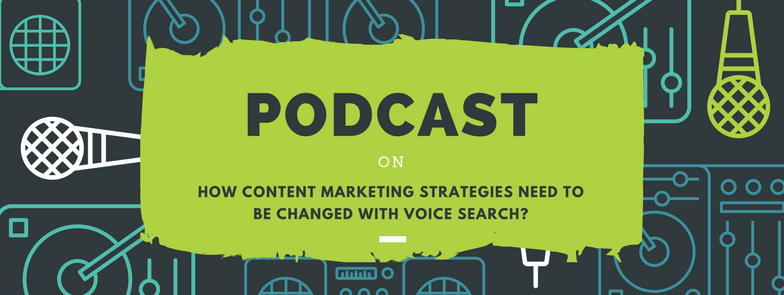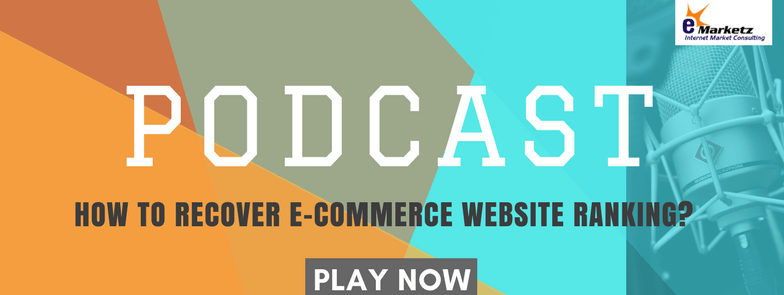Since Google has chosen to be secretive about its search algorithm, we all keep on optimizing our websites solely on the basis of speculation and experiments. We do not know how Google decides which website deserves higher rankings and which should be left on the last pages of search results. But Google has published the policy regarding the quality of outgoing links to your website. As per the Google’s webmaster guidelines, if the rank of your entire website is being affected by artificial, unnatural or spammy site-wide links, then your website will get penalized in no matter of time.
What is a Site-Wide Link?
If you ever paid attention to the whole layout of the website (which I’m sure you never had unless you are a web developer, designer or an SEO specialist), websites used to have a universal footer or sidebar in which the backlinks of the different websites or blogs were present. Earlier, Google was a bit lenient when counting such site-wide backlinks of the websites and that is why many people turned to purchasing of paid-links appearing in the different web pages of a website. But today, it is nearly impossible to be the apple of Google’s eye with such site-wide links.
A Bad Site-Wide Link is the second name for each of the following:
- Off-topic Inserted Link
- Widely Disseminated Inapt Blogroll links
- Appears Spammy With Lots of Ads Redirected
- Excessive Hide Link Exchanges or Cross-Linking
- Display or Text Advertisements in Footer or Side-Bar
However, if you somehow managed to acquire one worthy and natural site-wide link, chances are there that your site’s ranking will improve. But it is not fit for your long-term goals as the moment Google changes its algorithm, this one site-wide link would get you off the track really bad.
What is the rescue then? The honest, relevant and quality outbound in-content links are the saviors for your website.
What is an In-Content Link?
A good in-context or contextual backlink is the link editorially placed within the content which is rich in quality and naturally gains the popularity online. For example, if you write a blog post focusing on the relevant issue and your company deals with it, you may insert the anchor text link in between the lines provided it is editorially placed. In such a case, the more useful information you deliver through your content, the more likely your readers would value it and share it across the multiple platforms.
A Good In-content Link is the second name to each of the following:
- An editorial link in the content that is founded and read naturally by users
- An editorial link in the research report or blog liked and shared by the readers
- Co-cited links which are not forcefully placed in the informative content
- A naturally placed link in no SEO optimized content
- A link in content which is not stuffed with keywords
However, there are the limitations with in-context links such as:
- If you insert anchor text hyperlink in one sentence more frequently:
Why not have a customised greeting card for your friends? Customized greeting cards make your friends feel special and give the touch of personalization. - Embedded hyperlinks inserted to deceive the readers are the ones who do not show you the link unless you move your cursor across it:
Why not have a customised greeting card for your friends? Customized greeting cards make your friends feel special and give the touch of personalization.
Site-wide Link Vs. In-content Link: Which is more valuable and why?
If you prefer white-hat SEO over Black-hat, then an in-content link is more valuable!
You’ve heard the saying that goes like, “Quality matters, not quantity. “ Because the site-wide links appear on the ten other pages of a website, Google counts it as a single one. Google might not penalize you for it, but it considers a low-quality backlink. Whereas, one in-content link acquired through relevant, informative and good quality content is counted as one high-quality link without going against Google Webmaster guidelines. Also, it would be more editorial than advertorial as a site-wide backlink actually is.
Because site-wide link can be purchased to deceive search engine crawlers, Google prefers it less while ranking your website. Whereas it is a tough job to win an in-content link because then you have to work hard to place the link in a natural way.
A site-wide link gives an only one-time impression to the human-reader because it is a direct advertising promotion. An in-content link successfully placed in a unique and fresh content leaves your reader imprinted with a long story which might not be forgotten easily.
Because it is more about search engine reputation than simply search engine optimization, when are you giving up on acquiring site-wide links for your website?




